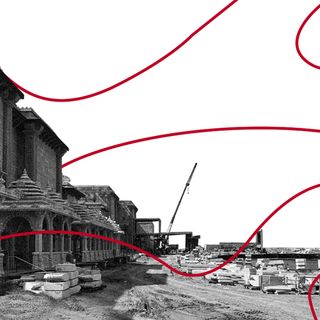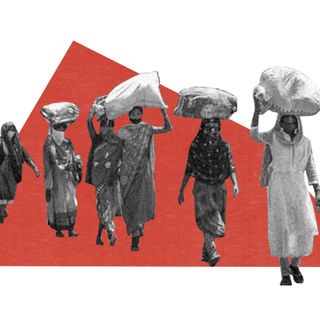Assam’s state coordinator for the National Register of Citizens (NRC) has urged the Supreme Court to give directions for the “complete, comprehensive and time-bound re-verification” process of the state’s NRC published in 2019.
The NRC, listing names of people who were able to prove their citizenship, had left out more than 19 lakh people within Assam itself in its first round, conducted in 2019 amid widespread criticism. Notably, out of the 19.6 lakh people the NRC left out, 12 lakh are Hindus and Bengali Hindus.
The need for a re-verification reflects the position of the newly-elected Bharatiya Janata Party (BJP) in the state. However, the current state government is not course-correcting to ensure more people are on the list; it was to ensure that more ineligible people are taken off the list. During the elections earlier, their manifesto stated: “We will initiate the process of the correction and reconciliation of entries under the Supreme Court-mandated National Register of Citizens in a structured manner to protect genuine Indian citizens and exclude all illegal immigrants.”
The state co-ordinator, Hitesh Sarma specified in his application to the Supreme Court that several substantial errors crept up in the process of updating the NRC in Assam. Sarma said the final draft of the NRC and supplementary lists have “major irregularities,” referring to the inclusion of ineligible names and exclusion of eligible ones.
Related on The Swaddle:
Anti‑NRC‑CAA Protests Have Left Women More Empowered, Confident at Home
The state’s new chief minister, Himanta Biswa Sarma, re-affirmed the BJP’s position on the NRC earlier this week. “Regarding the NRC, our position is very clear. In border districts, we want a re-examination of 20% names included, and in other districts, that of 10% names,” Sarma said.
Discrepancies include the detection of forged documents. He requested that the re-verification be done via a monitoring committee consisting of a district judge, district magistrate, and police chief. As of now, the final iteration of the NRC still has to be published by the Registrar General of India — meaning the names of “verified citizens” are yet to be locked on paper.
In March this year, the central government had asked the Assam government to issue “rejection slips” to those excluded from the final NRC. The Ministry of Home Affairs had said that “non-inclusion of a person’s name in the NRC does not by itself amount to him/her being declared as a foreigner” — noting they would get the opportunity to present their case before the foreign tribunals.
Experts note reasons for exclusion were mainly because many didn’t have the documents mandated under the exercise. The major criticism against NRC is that it wilfully dispossesses several minority groups in India of home and identity.
As The Swaddle noted in a previous article, “The NRC, if implemented… has the power to render minority groups such as Muslims, transgender people, and Dalits, Bahujans and Adivasis, stateless. If they are unable to drum up adequate documentation to prove their citizenship according to the NRC’s definitions, they could be sent to detention camps already nearing completion in many parts of the country.”




